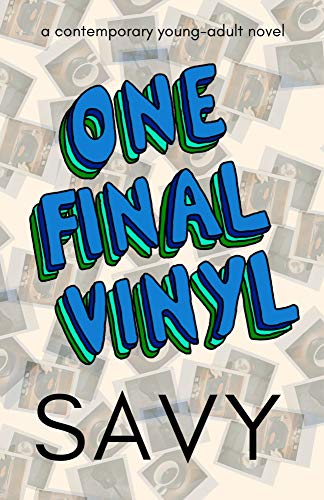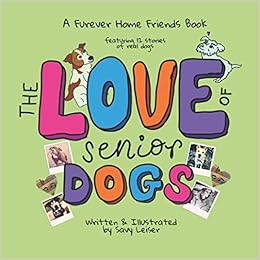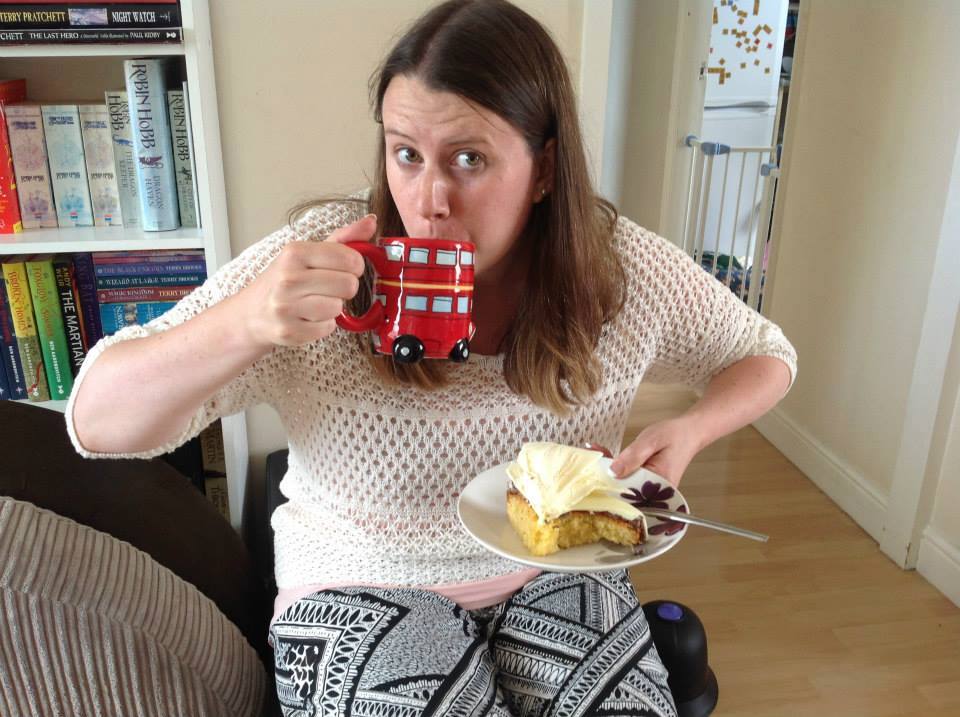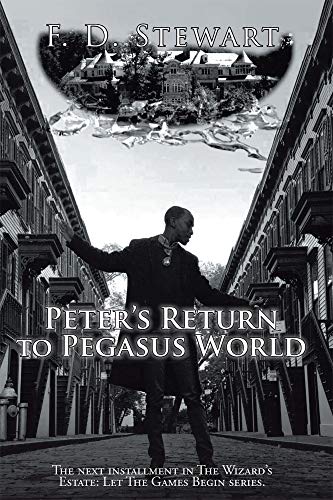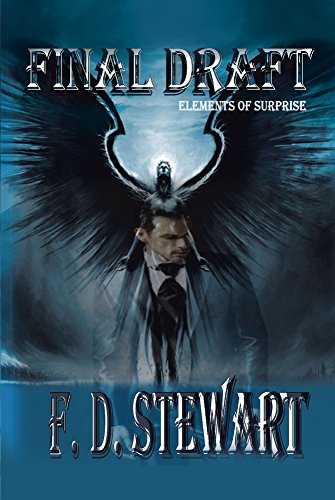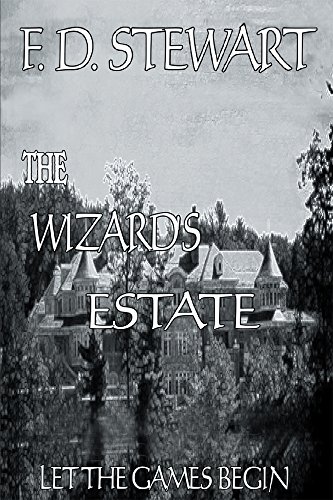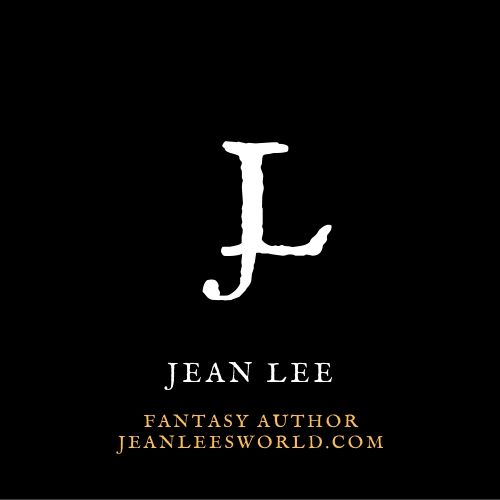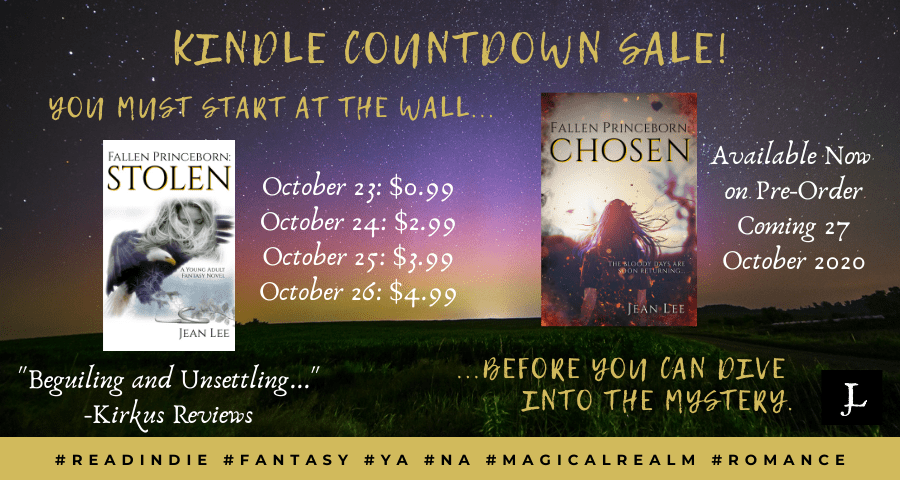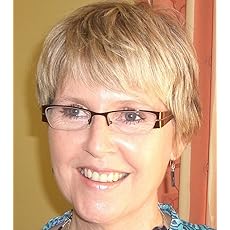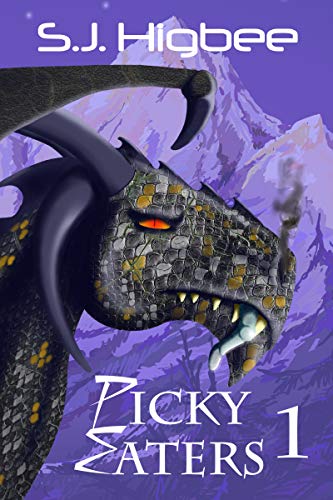
A good morrow to you, my fellow creatives! The cold clouds of April blanket my Wisconsin skies these days. The world is a palette of tans and browns, the wee specks of new green, new life, just barely peeking.
There is, however, always new life to be found in our words. I’m excited to share an indie author who has planted a number of stories across multiple publications. My friends, please welcome Rob D. Scott!
Let’s work through the niceties first. Tell us a bit about yourself, please!
I live in Edinburgh and work in a community college. I only started creative writing three years ago, which is crazy. I should have started years ago. That’s life.
It was winter and a period of really awful weather. I started writing a novel for something to do and out of curiosity. I enjoyed it, so kept going. I read books about writing, did a short on-line course, and started submitting short stories to on-line magazines and competitions while I worked on my first novel (which is now hiding in a cupboard). I’ve started a second one, which will hopefully turn out much better.
I find a lot of writing inspiration in the rural landscape of my state, Wisconsin. How would you say the urban setting of Edinburgh—or the countryside of Scotland—inspire your storytelling?
Edinburgh is a beautiful, amazing city and so many writers have used it. I haven’t that much yet. The countryside is more likely to find their way into my stories.
I usually start a new piece of writing using a memory (recent or distant) of a place or moment; that might be in the city or countryside. I write it almost as a factual description and the story develops from there. Stephen King in his book ‘On Writing’ talks about fossils that writers dig up and that’s what I feel I do. Once I find the right fossil, it soon turns into fiction; (to mix my metaphors) it’s like a paper ship floating down a stream. I just go with it and see where it goes. I might have an idea where it’ll end up, but not always.

What literary pilgrimages have you gone on?
When I was twenty-one, I went for a job interview in a town at the other end of the country just so I could visit the Thomas Hardy museum there. That’s not very ethical – especially as they paid for my travel and a hotel! I was first in the museum in my horrible new interview suit and I lingered there too long and was late for the interview. I didn’t get the job, but the museum was great and the countryside from the train ride was amazing. I had forgotten all about that. I should write that up as a story!
Someday, I’ll visit the USA and go to lots of writers’ houses and museums. Carson McCullers is a big favourite, so I would maybe head down there first.

As you should! 🙂
Nothing saps my creativity like a telephone call from my children’s school principal. What is your writing Kryptonite, and how do you overcome it?
I really have no excuses not to produce thousands of words every day. I work but I have free time; especially in lockdown. I am amazed how people with busy lives and family responsibilities (like yourself) manage to write.
Although I don’t think I could live without it now, writing is not the top of my priorities. Work, other people, a day in the countryside, a trip to the cinema, etc make me put down my pen. Life comes first, writing second.
Have you read anything that made you think differently about fiction?
I just absolutely love this Ray Bradbury quote:
“Love. Fall in love and stay in love. Write only what you love, and love what you write. The key word is love. You have to get up in the morning and write something you love, something to live for.”

As an amateur/beginner writer, this makes a lot of sense, and is great advice – I guess for successful authors as well. We’re all different – so just do your thing. Give it your best shot. Try to find something that’s meaningful to you in some way to keep yourself going through the trickier times.
Your encouragement here reminds me of the theme of hope I see in your flash fiction “Goodbye, Frenetikov.” The beautiful level of detail in the beginning uniquely balances with the uncertainty felt in the end. Do you find yourself drawn to themes uplifting to readers, or do you take readers into the darker feeling as well?
Thank you for your comments. I wrote a few very sad stories during lockdown. I think I’m out of that, now. In fact, I’ve just started writing a longer piece, and before I started, I decided that it should be something with a very positive theme. If I am going to spend the next few months on it, given what’s happening in the world right now, I feel that’s where I would like to spend my writing time.
In writing short fiction, you have to hook readers to care about characters, ground them in your story’s setting, and leave them pondering about your story’s end all within a few hundred to a thousand words. (“You Die If You Worry” comes to mind.) Can you walk us through the process of crafting your fiction’s pacing and language to accomplish so much so quickly?
I am very much learning the craft and that there are many different ways to produce a successful short story. The word-length requirements (e.g. 300, 500, 750, 1000, 1500, 2000) can influence the plan. I usually write the story to its best, natural length and worry about where to submit to later.
If I pick up a collection of published short stories, what strikes me is the quality of each line, the language. So that is the number one goal for me; the quality of each sentence, the appeal and magic of the jumble of words. For the structure, I really only think in terms of a beginning, middle and ending. You get in the car, start it up, go for a drive and stop somewhere. Apart from that, there is so much variety in short fiction – anything goes. For example, you might have no dialogue or almost all dialogue in a story.
With very short fiction it can be frustrating not being able to fully flesh out character, setting etc, in the way a novel allows you to, but equally that provides much of the fun and challenge of the form – perhaps like poetry – to find evocative/resonant ways to hint at what’s missing, the spaces in between.
You are published in a wide variety of literary magazines and anthologies. Do you have any favorites you’d like to recommend?
The ones that accepted me are the best, of course!
HA! Sorry, go on. 🙂
There really is something for every taste out there. Much of my experience of the writing for the literary world has been for on-line magazines. The creativity and quality right across the board is very impressive.
I have to say Popshot magazine is just a beautiful object, as well as the great writing. It’s a lovely paper magazine with poetry, fiction and illustrations. I was lucky to get in there once. They commissioned an illustrator to produce something to accompany my short story, which was just amazing – that someone would do that.
Thank you for the recommendation! I’ll have to check them out. What would you consider to be common traps for aspiring writers? I imagine there are a few when it comes to short fic submissions.
I had to learn a lot about the technical side of things – voice, point of view, plot and so on. I think it’s good to remember there is a lot to learn (I notice in your other interviews, writers say this, too).
In terms of submitting to litmags, not understanding at first why you get so many rejections can prove very disheartening. And it would be a great shame if beginner writers gave up because of that.
You learn that you have to know your audience and the market to give yourself a chance, so submitting to the right sort of magazines is important. That means reading the stories in the magazines to guess if yours might work for them, which is both enjoyable and a great way to learn from other writers’ work.
I must mention editors here because they really are the superheroes, along with their ‘readers’. They often do the job for love not money and are the people who choose your story. So be nice to them! And when you submit, follow all of their guidelines very carefully about format, word length and so on.
If you’re lucky they will help and even give a little advice. For some reason, I’ve found sci-fi editors to be especially supportive – or perhaps they’re just super-skilled at letting people down gently! I’ve been trying to ‘find a home’ for a couple of sci-fi stories since I started writing, with no luck. When I started, I kept a folder of ‘nice rejections’ to cheer myself up when the piles of rejections got too much.
I think one useful tip is that if there is a ‘themed call’ for an issue, you might have a better chance with that if you have a story to fit the theme.
As an indie author who is also having a go at lit mag submissions, I’d love to ask about your process in searching magazines and sending multiple pieces. Do you find yourself writing your stories first and then finding magazines that fit the story, or do you scope out the magazine themes first and then craft stories to fit them? I noticed you recently published in a “lockdown” themed anthology, for example.
Good luck with your submissions.
Thanks!
I usually write my story then look for a place to submit. The word length is a big decider on where to submit to, along with the house-style of the magazine.
Calls for submissions for a themed issue – with prompts such as ‘Road trip’, ‘First love’ or ‘Winter’ – can be a great way to get going on a story that you can end up submitting to more than one place or developing into something longer. The theme of the ‘Lockdown’ anthology I was published in fitted with something I was writing at the time and I spotted their call.
The submission pages are crucial. They describe the type of story they are looking for and often say ‘read some of our stories to get a feel of what we’re looking for’. That’s a must, but it’s also great to read the stories. You mentioned, Jean, that you’re inspired by the countryside – there are litmags that have a specific focus on that.
After three years of submitting, I have a much better idea of who might consider or accept a particular type of story.
Having said all of that, it is an amazing, random-feeling process, of being in the right place, at the right time, with a story that appeals to a particular editor, in terms of what they are looking for right then. Getting published anywhere – no matter how big or small – is an enormous thrill, but of course you set targets and have favourites you aim to get into.
Receiving acceptances are tremendously encouraging and validating. There really is nothing else like it. There’s more than a little ego and pride involved there, of course. But, it’s also reward for hard work and effort. And for not giving up.
Let’s wrap up with a little inspiration. Writing and reading can, to me, be a transformative experience. Do you view writing as a kind of spiritual practice?
Yes, in a way. It is certainly a deeply personal process, and also both reflective and instinctive. I often find it quite meditative, even therapeutic. It can be fulfilling and quite emotional at times – as you go through your imagined characters’ experiences. Although it’s a solitary activity you are very engaged with memories and thoughts of other people and the world.
Maybe it sounds corny, but I think words and the way they can be strung together really are magical. It expresses who we are.
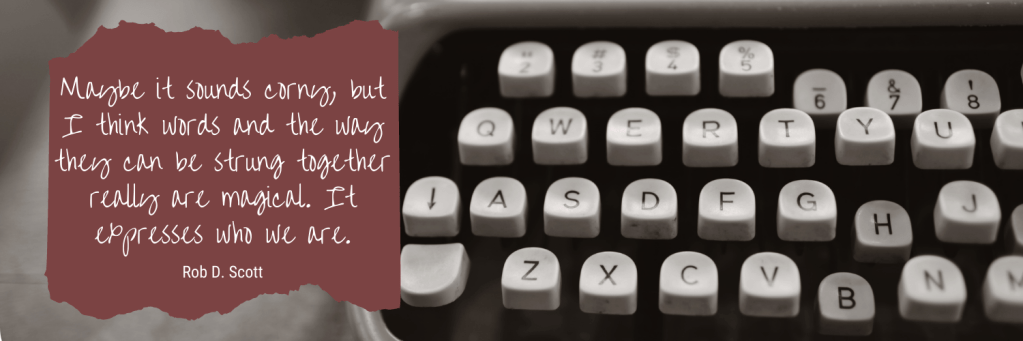
Making the connection with a reader is very special too – even if you never meet them beyond a ‘like’ on Twitter or Facebook, or a purchased magazine. The thought that people read your work and find something interesting, rewarding, enjoyable makes the whole process more of a communal, shared activity. It must be great to have people buy your book because they know your work and love your characters. That’s something to aim for in future, for me.
A beautiful encouragement we all should aspire to, Rob. Thank you so much for sharing your time and thoughts here!
~STAY TUNED!~
Who else is ready for a month of Wyrd and Wonder-full fantasy? I am!

I’m super stoked to share an interview from a new SFF publisher as well some amazing music to inspire the epic adventurer within you. There’s also a side project of mine in the works that is so close to “publication”…
Every semester I encourage my newest group of students to read for fun to improve their writing skills, but then here I am, not getting much reading in. Oh, I’d just tell myself the excuse that if I commit to a book, I want to get something out of it as a reader and a writer, and how am I to know what book will give me that? I’ll just watch what my favorite book bloggers recommend and just go from there.
But that doesn’t force me to commit to reading, and that’s just not cool. Sure, time has always been that elusive treasure in this life as a mother, teacher, and writer. That’s not an excuse, though. Besides, there are plenty of other writers with jobs who don’t have much time to read and–
Oooooh.
And so, I decided to start a podcast.

Please watch for updates in May while I get this wee podcast off the ground. x
Read on, share on, and write on, my friends!



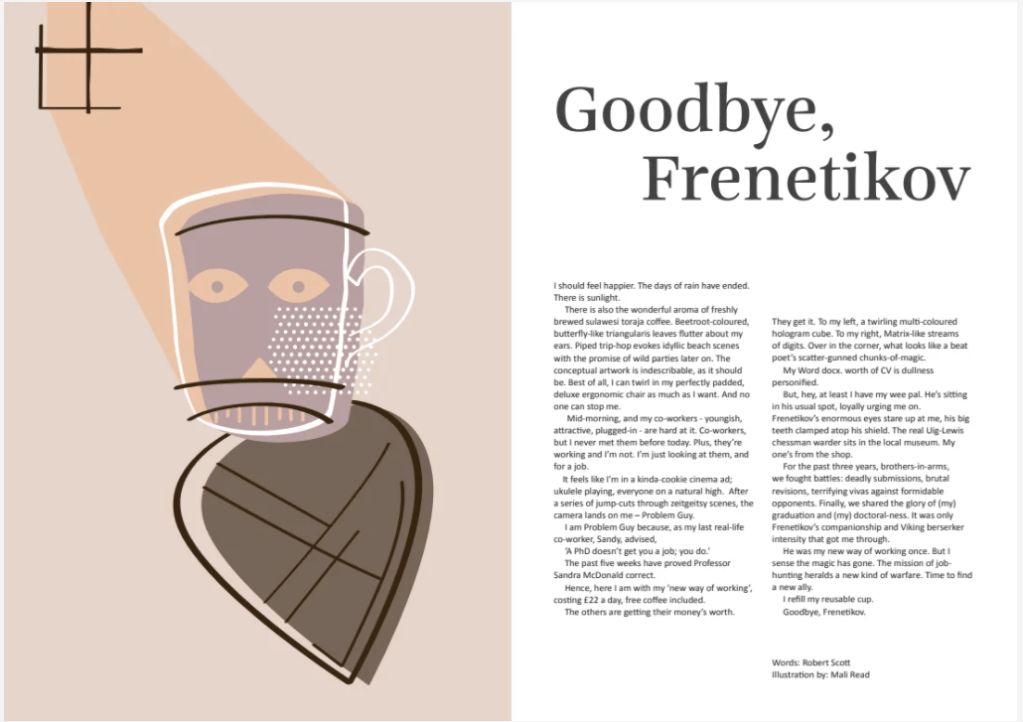
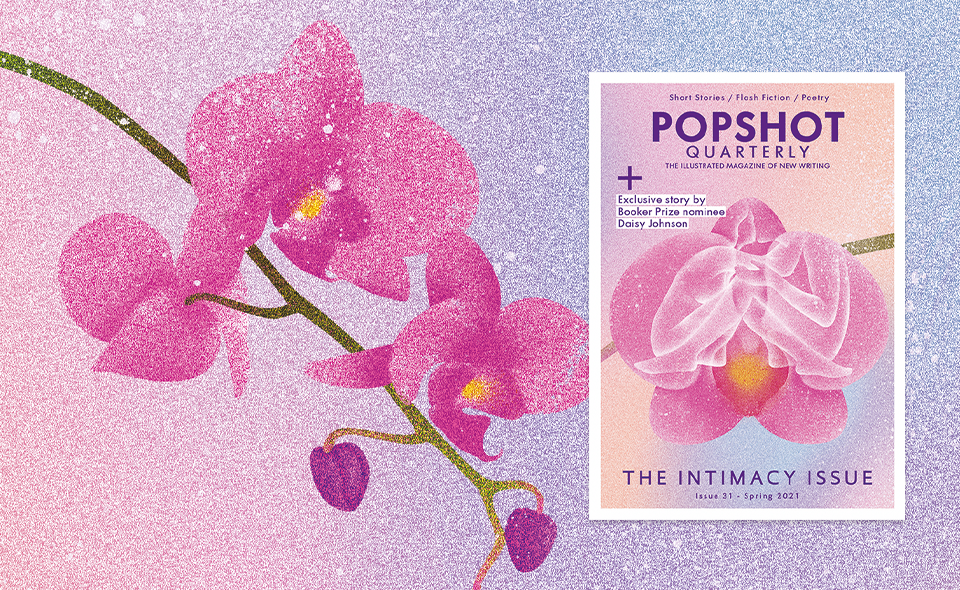
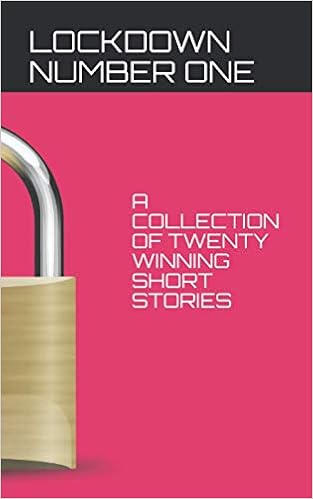

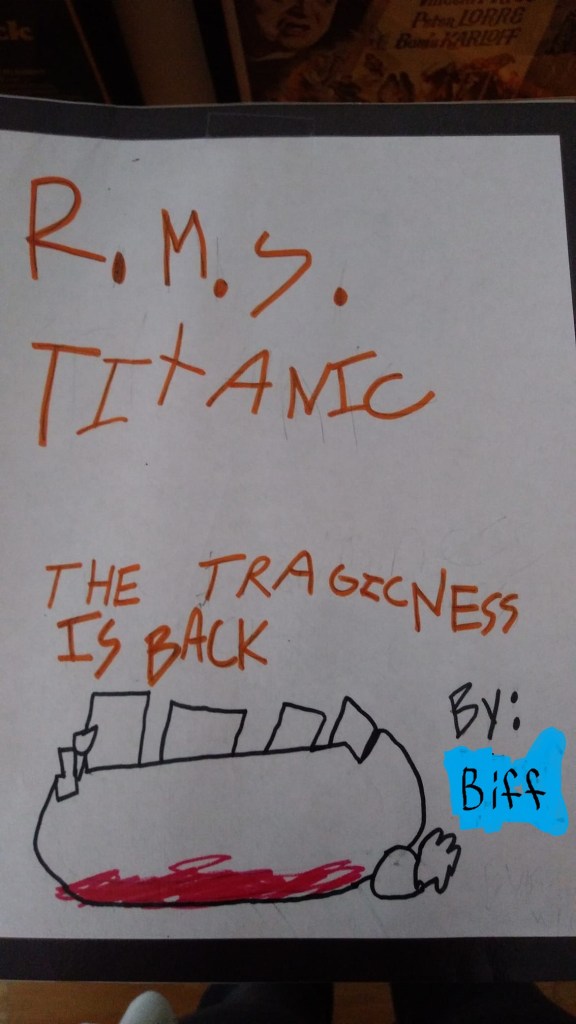
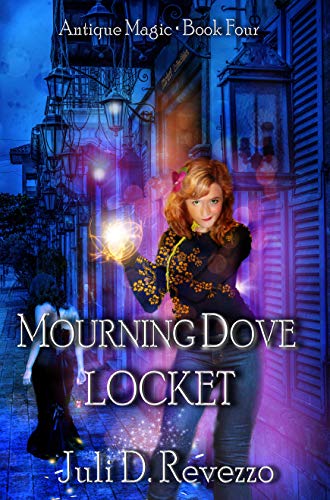
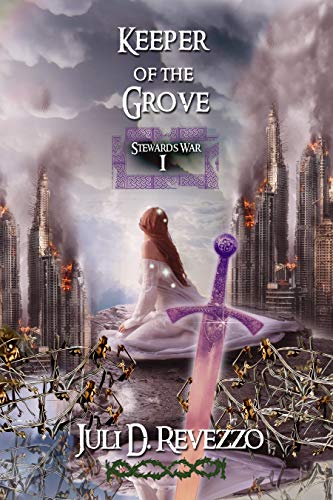
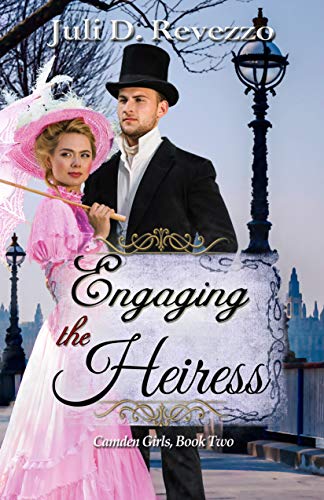
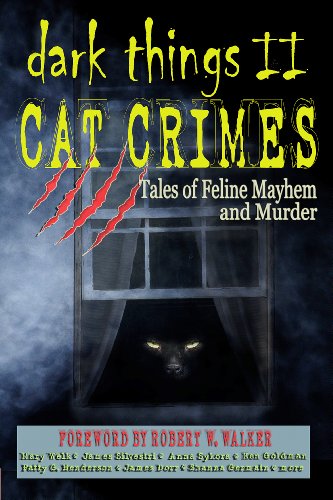

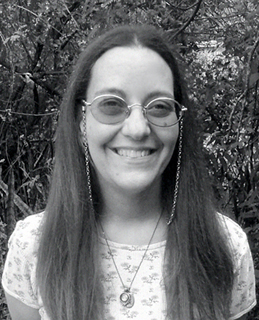



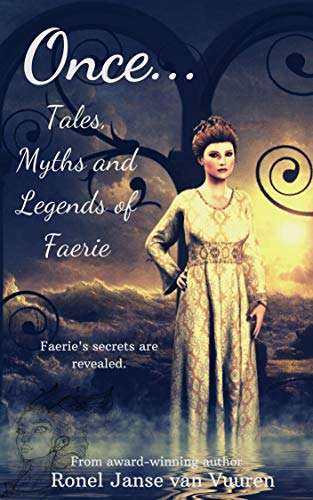
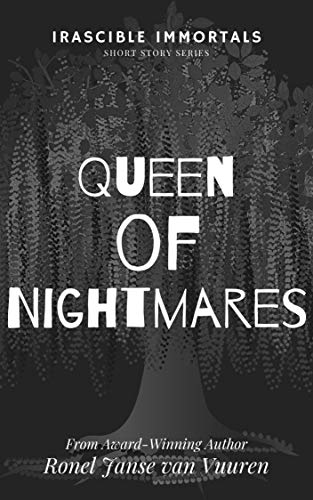
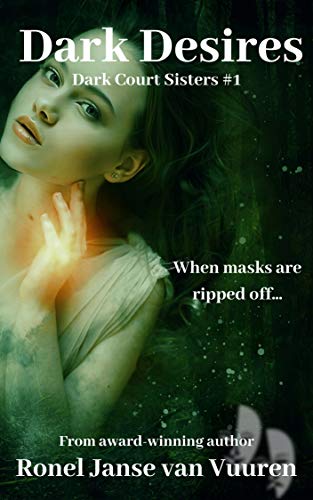
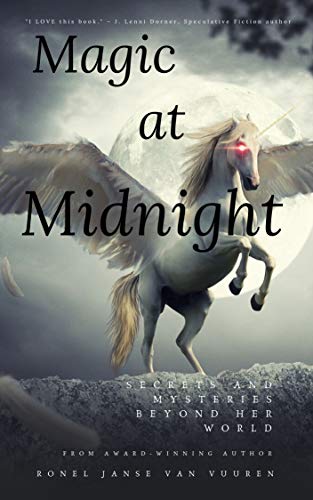

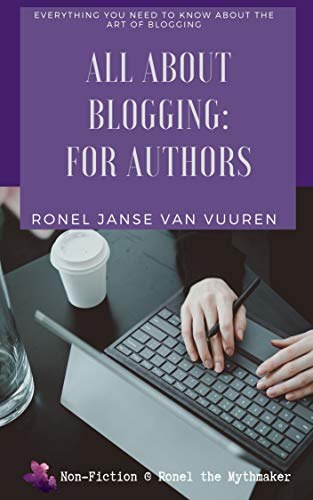


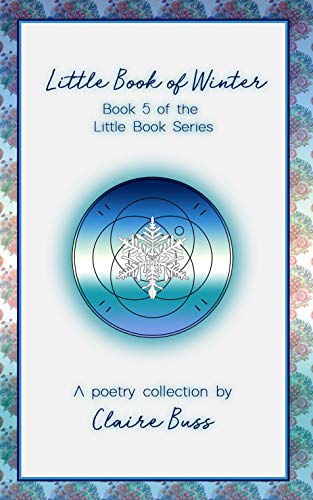






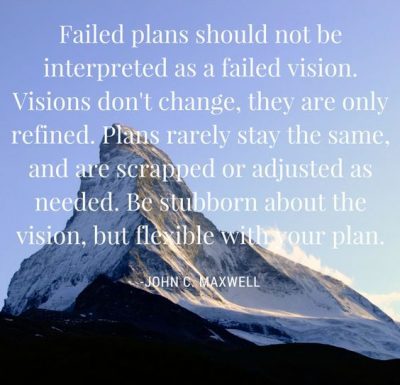

:strip_exif(true):strip_icc(true):no_upscale(true):quality(65)/arc-anglerfish-arc2-prod-gmg.s3.amazonaws.com/public/SK4TBE5FYZGNHJU22PJCCMVLLU.jpg)


